Summaries of books about Sociology:
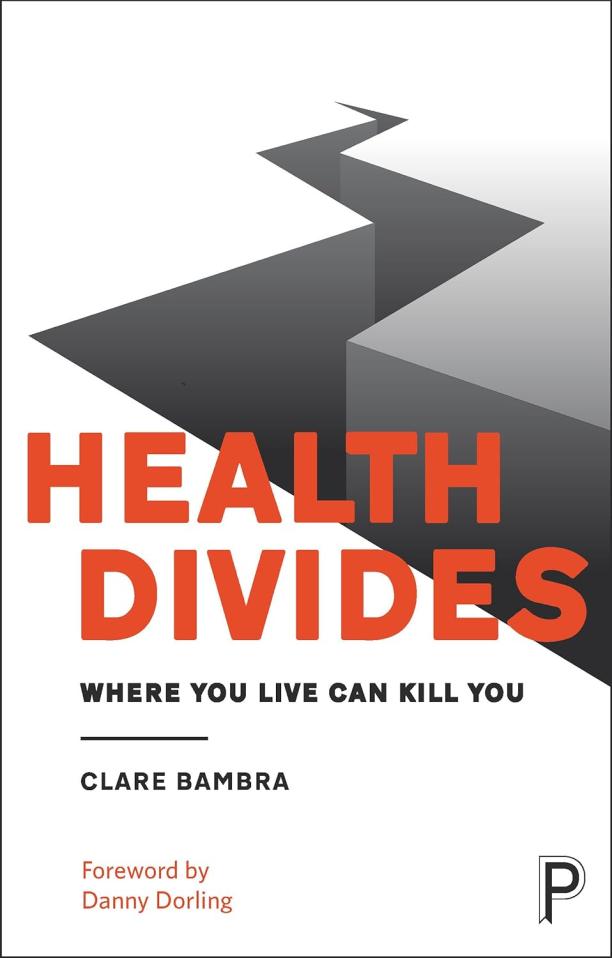
Health Divides
Where You Live Can Kill You
Clare Bambra
The book examines the social, environmental, and economic factors that contribute to health inequalities across different geographical regions. It explores how place-based disparities in wealth, power, and resources can lead to significant differences in life expectancy and disease prevalence among populations.
See full summary

The Japanese Mafia
Yakuza, Law, and the State
Peter B. E. Hill
The book provides an in-depth analysis of the Yakuza, exploring its history, structure, and activities, as well as its complex relationship with Japanese society, law enforcement, and politics. It examines how the Yakuza has evolved over time, the legal and policy responses to organized crime in Japan, and the impact of these criminal organizations on both the state and the legitimate economy.
See full summary
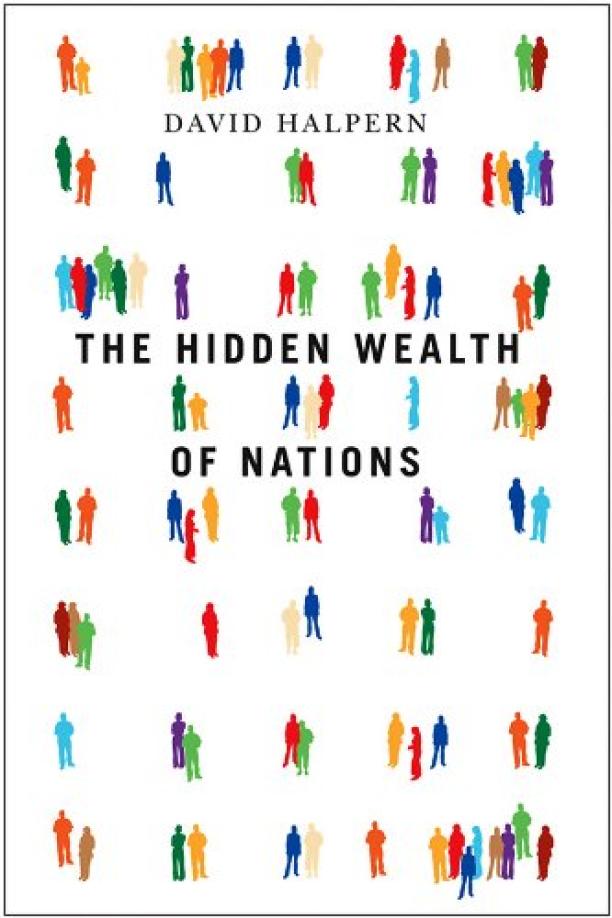
The Hidden Wealth of Nations
David Halpern
The book delves into the social and psychological factors that contribute to the prosperity of nations, beyond traditional economic measures. It explores how trust, social capital, and the well-being of citizens play crucial roles in a country's wealth and success.
See full summary

Eco-Business
A Big-Brand Takeover of Sustainability
Peter Dauvergne|Jane Lister
The book critically examines how large corporations are adopting the language and appearance of sustainability to advance their own profits and brand reputation, often without making significant environmental improvements. It explores the consequences of this trend for global sustainability efforts, suggesting that corporate eco-initiatives may undermine more effective, systemic environmental reforms.
See full summary
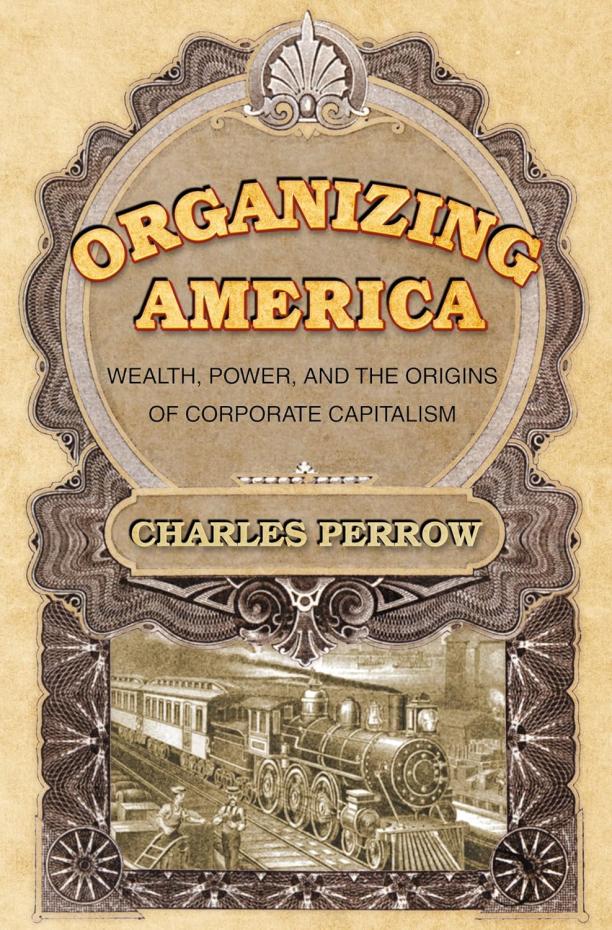
Organizing America
Wealth, Power, and the Origins of Corporate Capitalism
Charles Perrow
The book examines the historical development of large organizations in the United States, arguing that the concentration of wealth and power in the hands of a few large corporations was not an inevitable outcome of industrialization but rather the result of specific policy decisions and social movements. It explores the impact of corporate capitalism on American society, including the implications for democracy, economic inequality, and the balance of power between corporations and other social institutions.
See full summary
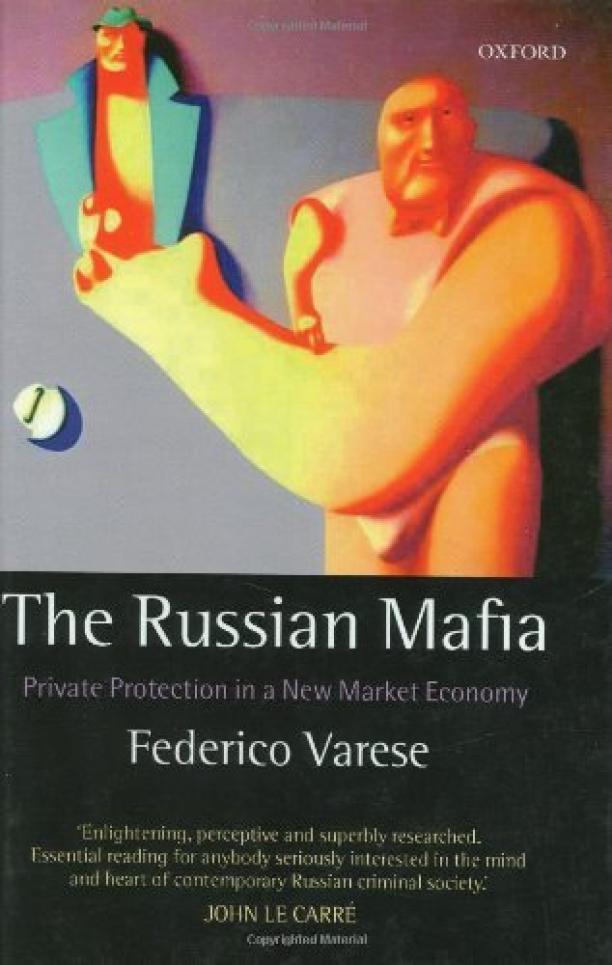
The Russian Mafia
Private Protection in a New Market Economy
Federico Varese
The book delves into the emergence of the Russian Mafia during the transition from a planned to a market economy, examining how they offer protection to businesses in the absence of a reliable state legal system. It explores the structure, operations, and influence of these criminal organizations within the new economic landscape of post-Soviet Russia.
See full summary
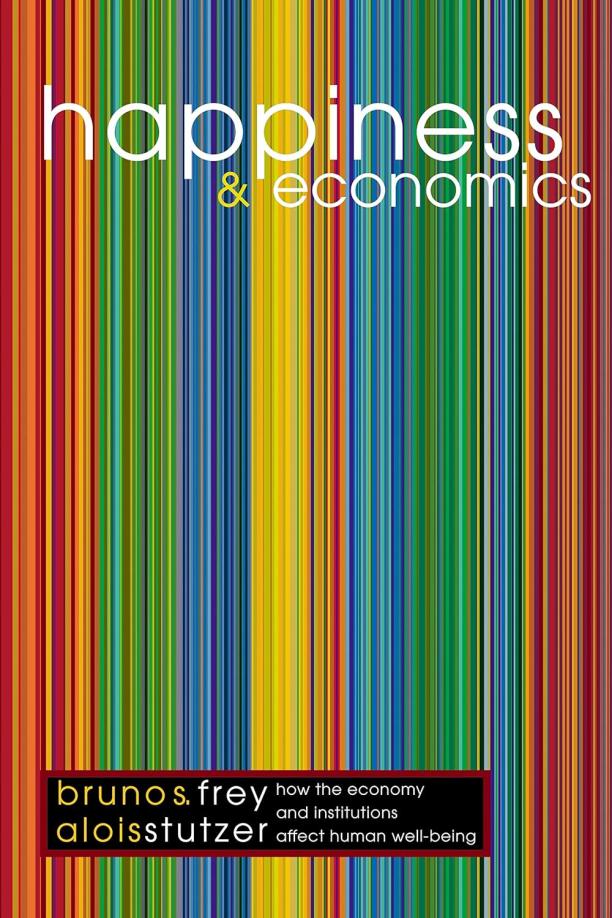
Happiness and Economics
How the Economy and Institutions Affect Human Well-Being
Bruno S. Frey|Alois Stutzer
The book explores the relationship between economic factors and individual happiness, analyzing how economic policies, market functioning, and institutional frameworks influence people's well-being. It employs empirical evidence and economic theory to suggest that beyond a certain point, increases in income have a diminishing effect on happiness, and it emphasizes the role of non-material values and social capital in contributing to a fulfilling life.
See full summary
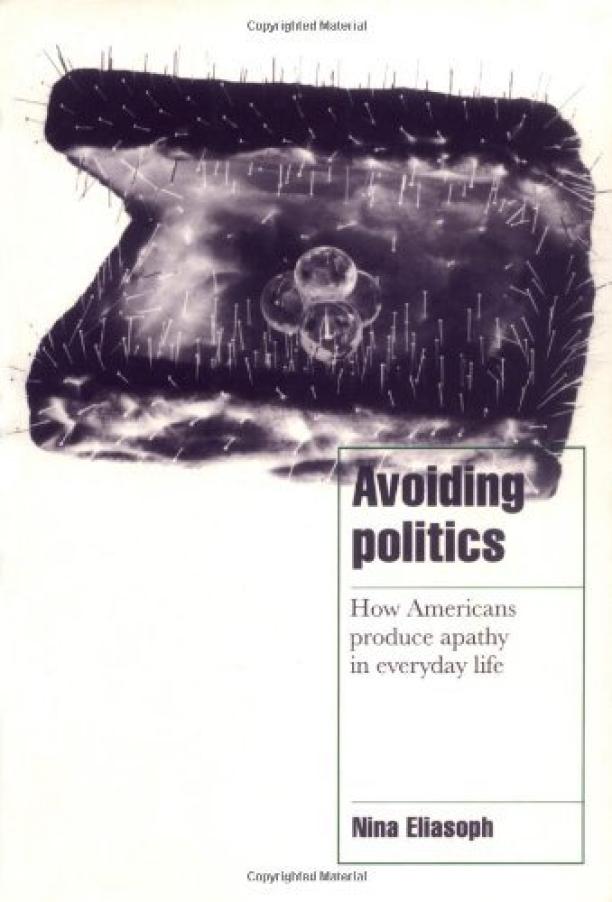
Avoiding Politics
How Americans Produce Apathy in Everyday Life
Nina Eliasoph
The book examines the ways in which citizens in the United States deliberately avoid political discussions in everyday settings like schools, voluntary associations, and private conversations, arguing that this avoidance is a response to a social environment that discourages engagement. It explores the cultural patterns and institutional pressures that lead to a cycle of political disengagement and the production of apathy.
See full summary
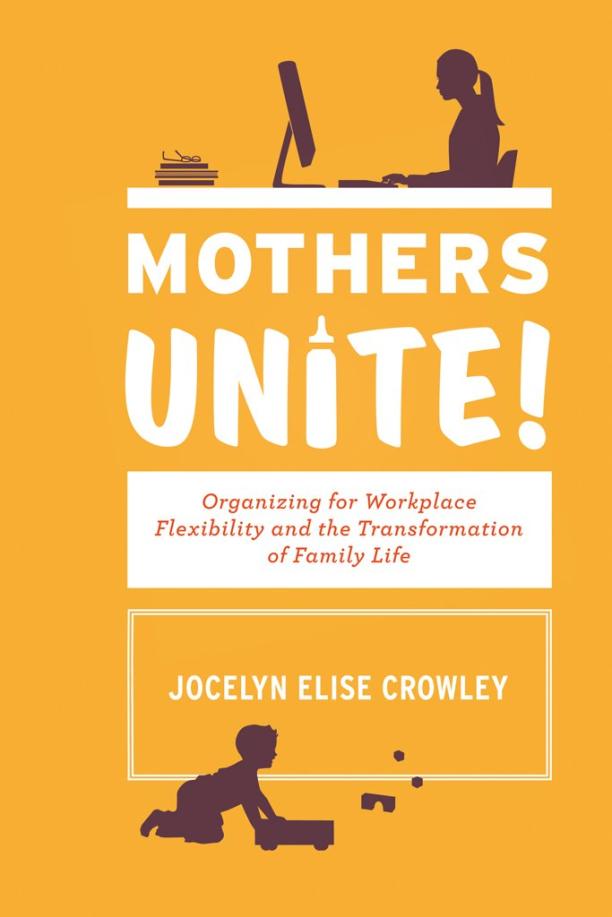
Mothers Unite!
Organizing for Workplace Flexibility and the Transformation of Family Life
Jocelyn Elise Crowley
The book examines the grassroots movements and advocacy efforts of mothers campaigning for workplace flexibility, highlighting their strategies and the impact on family dynamics. It explores the intersection of gender, labor, and policy, documenting personal stories and the broader implications for societal change in work-family balance.
See full summary
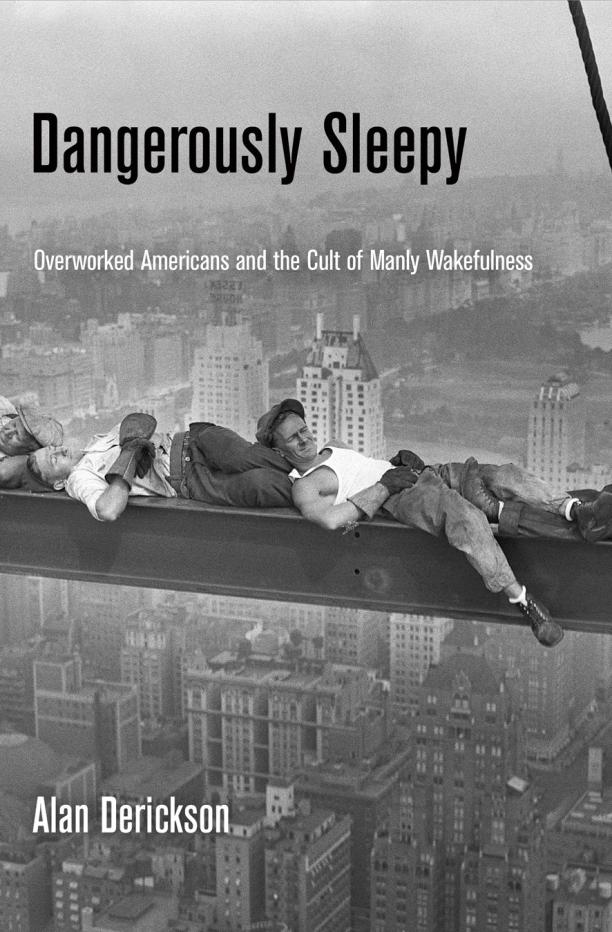
Dangerously Sleepy
Overworked Americans and the Cult of Manly Wakefulness
Alan Derickson
The book explores the historical trend in the United States of valuing long work hours and minimal sleep as a symbol of strength and masculinity, tracing its impact on workers' health and safety. It examines the cultural, economic, and political forces that have glorified relentless work at the expense of adequate rest.
See full summary